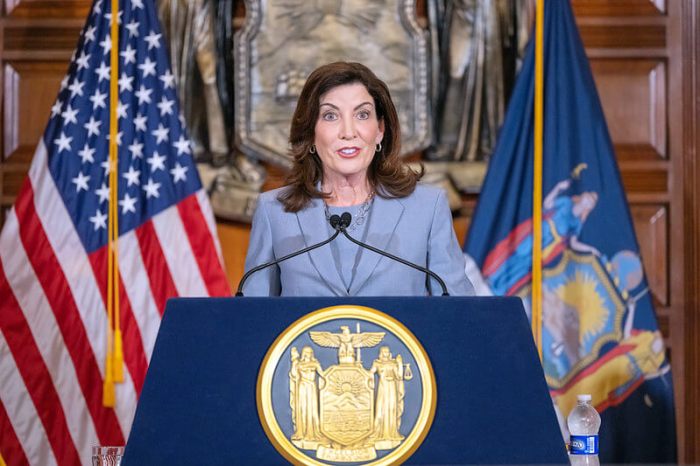The Citizens Commission on Human Rights (CCHR), a mental health watchdog, is calling for a federal investigation into the link between psychiatric drug use, school shootings and other acts of senseless violence, calling the investigation long overdue, and citing the supporting evidence.
On Dec. 17, the Los Angeles Times article, “Adam Lanza’s family had kept a watchful eye on him,” cited sources who say Lanza had been ‘medicated’ as early as age 10. WFSB Eyewitness News, a Connecticut CBS affiliate, reported on Dec. 19th in the article, “Adam Lanza underwent psych evaluations in years past,” that Adam Lanza “had some disorders” and Eyewitness News learned that Lanza “did undergo some sort of psychiatric evaluation sometime within the past few years.”
The questions that need to be answered are what “medications” was Adam Lanza prescribed, when was he prescribed them, and for how long.
The importance of answering these questions, as well as the need to launch a federal investigation into psychiatric drugs prompting acts of violence, are based on the following:
· CCHR’s website documents that at least fourteen school shootings were committed by those taking or withdrawing from psychiatric drugs resulting in 109 wounded and 58 killed. This list comprises only those cases where information about the shooter’s psychiatric drug use has been disclosed, which is often not the case. For example, according to CNN’s article on July 12, 2012, “Who is Dr. Lynne Fenton?”James Holmes, the suspected perpetrator of the Aurora, Colorado movie theater shooting, was confirmed to have been under the care of psychiatrist Lynne Fenton, yet no mention has been made of what psychiatric drugs he may have been prescribed.
· More than 11,000 adverse reaction reports are on file with the US FDA between 2004 to 2011. These reports include 300 cases of homicide, nearly 3,000 cases of mania and over 7,000 cases of aggression. By the FDA’s own admission, only 1-10% of side effects are ever reported to the FDA, so the actual number of side effects occurring are most certainly higher.
· CCHR’s site also documents that 22 international drug regulatory warnings have been issued on psychiatric drugs citing effects of mania, hostility, violence and even homicidal ideation. Dozens of high profile shootings/killings have been committed by teenagers under the influence of psychiatric drugs, and there has yet to be a federal investigation on the link between psychiatric drugs and acts of senseless violence.
More than a decade ago, a few insightful lawmakers in New York were concerned enough about the link between psychiatric drugs and acts of violence, that they introduced groundbreaking legislation: New York Senate Bill 1784, introduced in 2001 by then Senator Owen H. Johnson, would have required law enforcement agencies in New York to collect data on certain violent crimes and what, if any, psychiatric drugs the offender may have been on during the commission of the crime.
The bill’s authors had done their homework and based the need for the legislation on research “which has been published in peer reviewed publications such as the American Journal of Psychiatry, the Journal of the American Academy of Child and Adolescent Psychiatry and the Journal of Forensic Science, has shown, among other things that: certain drugs can induce mania, some patients on psychotropic drugs have an increase in suicidal thoughts and/or violent behavior, self-injurious ideation or behavior is intensified, users of certain drugs can become aggressive or suffer hallucinations and/or suicidal thoughts and certain drugs can produce an acute psychotic reaction.” Although this bill did not make it out of committee, no part of the information provided in it, or the call for swift action, has changed. If anything, these legislators were ahead of their time. But with more than a decade of increasing violent acts associated with psychiatric drugs, there is no better time to take action.
Lawmakers must address that the supporting data on psychiatric drugs and violence already exists and, to date, has been ignored.
Read the full article here.
CCHR is a non-profit, non-political, non-religious mental health watchdog. Its mission is to eradicate abuses committed under the guise of mental health and enact patient and consumer protections. CCHR has helped to enact more than 150 laws protecting individuals from abusive or coercive mental health practices.
(PRWEB) — Los Angeles, California.






















